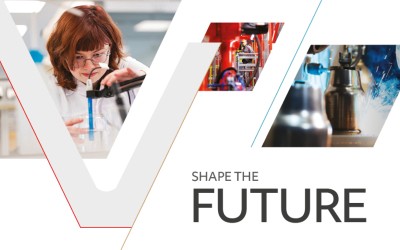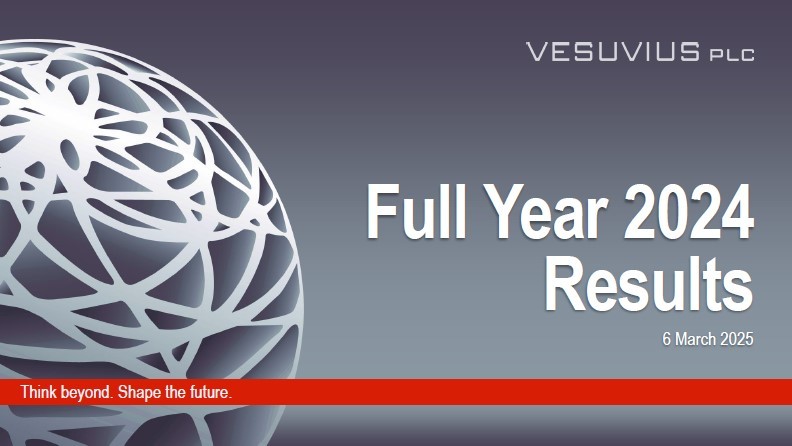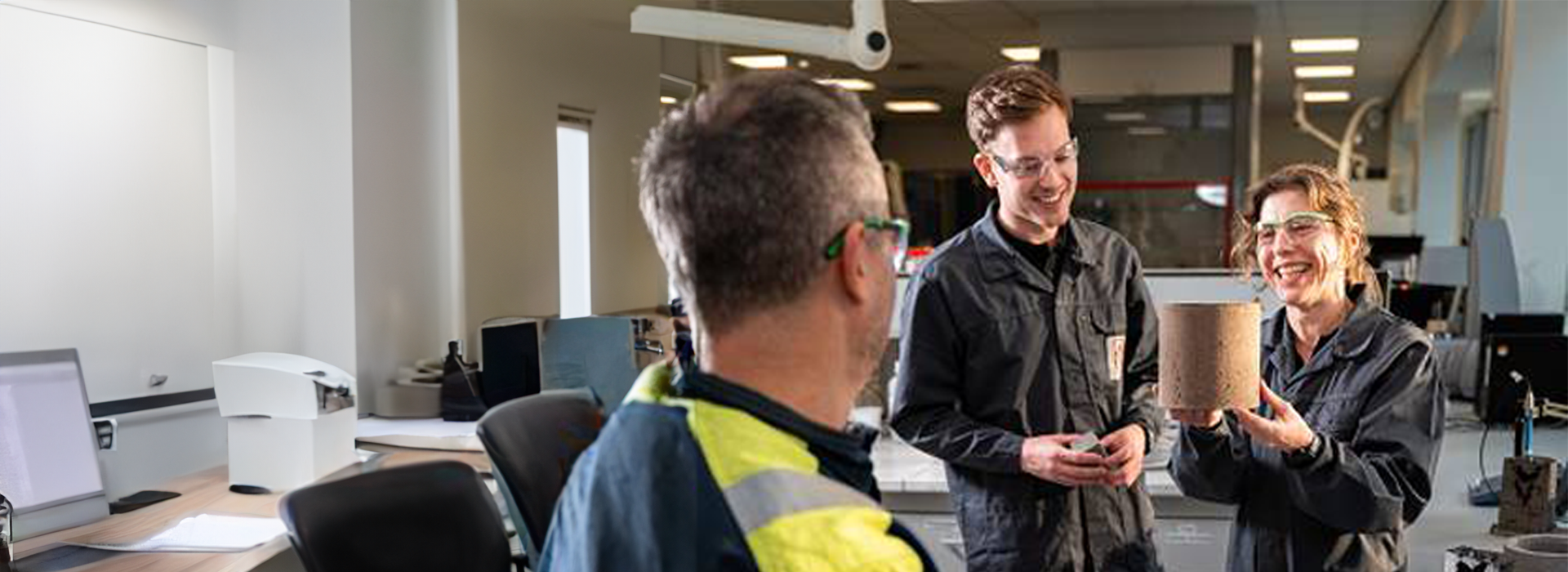Our sustainability initiative focuses on our most significant sustainability issues and opportunities. These are defined by our materiality assessment, which identifies and prioritises issues. We adopted the double materiality methodology laid out in the ESRS, which identifies and prioritises issues based on two dimensions: the impact or likely impact of Vesuvius on society and the environment, and the impact on Vesuvius’ business, creating financial risks and opportunities for Vesuvius.
Vesuvius materiality assessment

Five topics are retained as material:
– Product quality
– Climate change
– Innovation and technology
– Employee safety
– Talent attraction and development
Five topics were also identified that are in the extended strategic focus but not subject to formal reporting requirements:
– Sustainable supply chain
– Employee health and well-being
– Data security and privacy
– Bribery and corruption
– Circular economy
Double Materiality assessment process
Step 1: Stakeholder engagement and preparation
Step 2: Pre-assessment and shortlisting
Step 3: Assessment by stakeholders
Step 4: Validation and approval
Step 5: Regular updates
Stakeholder engagements
Our regular dialogue with main stakeholders includes:
Global communication mechanisms such as an intranet, global email communications and a Vesuvius news app, alongside forums such as local 'town hall meetings,
Engaging with customers on safety leadership and supporting their training requirements,
Senior-level dialogue with all key customers, including Directors' visits to customers' sites, as appropriate,
Customer relationships on a global basis as required, complemented by diverse local servicing capabilities,
Engaging with government agencies visiting our sites and carrying out inspections,
Responding to environmental research as part of customer and supplier due diligence,
Participating in environmental and social responsibility research and questionnaires.
Learn more about our Sustainability strategy and on how we engage with People, Communities and Customers.







